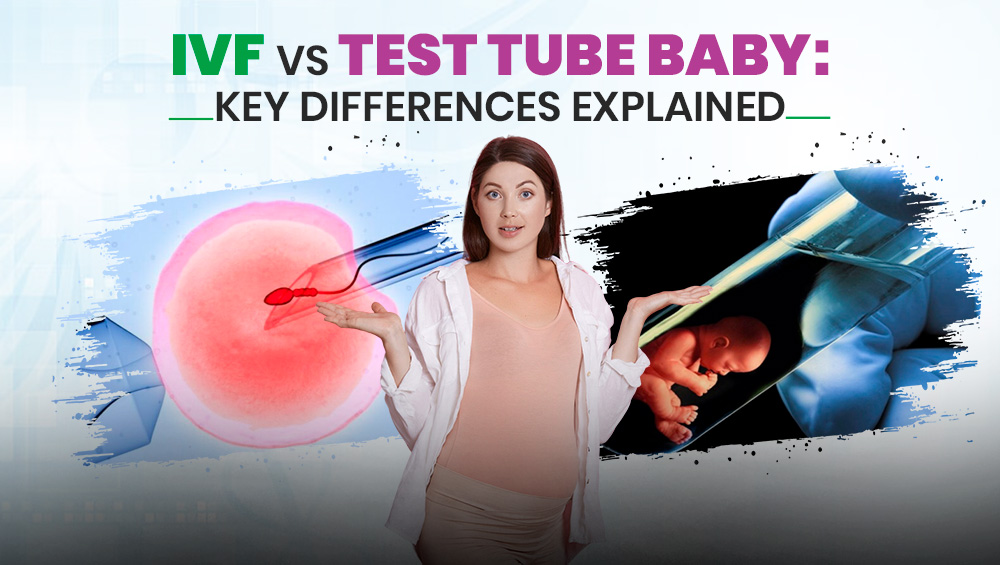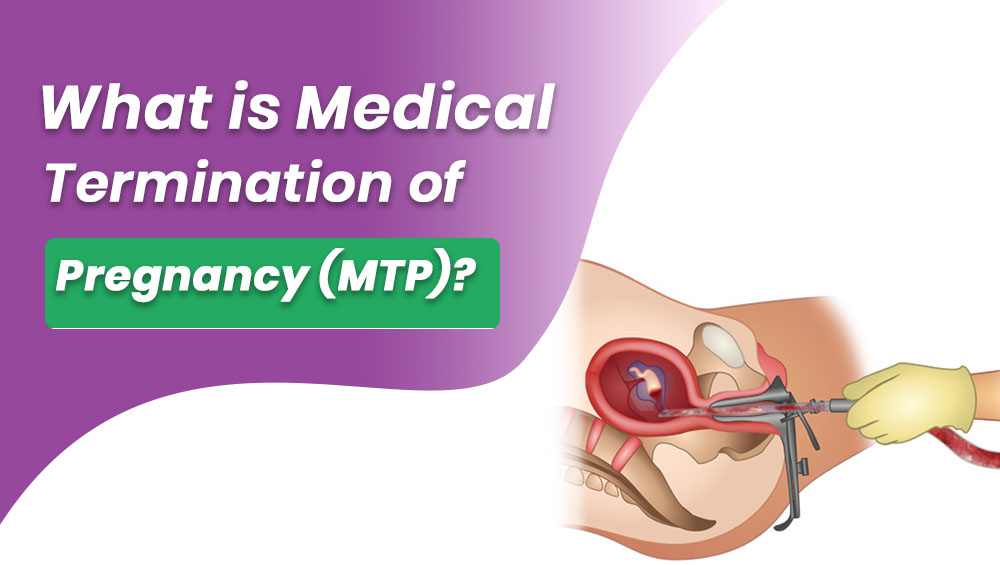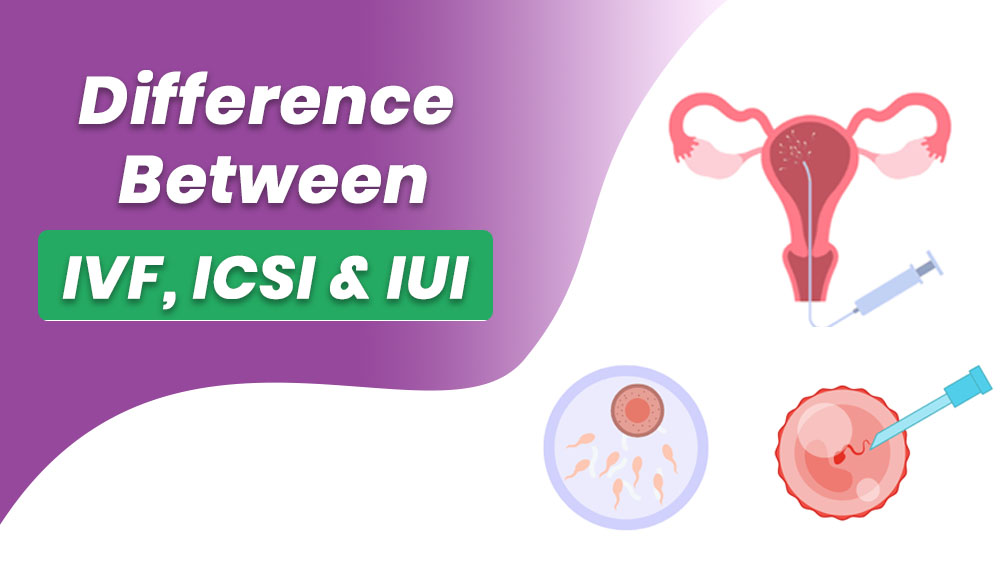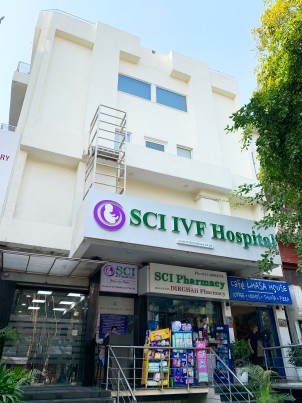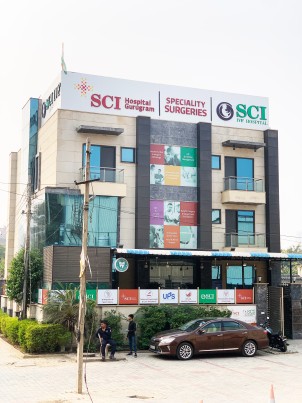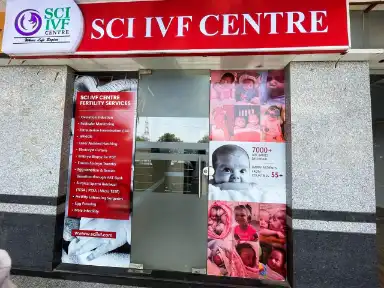IVF vs Test Tube Baby: Key Differences Explained
When it comes to infertility treatments, you must have often heard people talking about “IVF” and “test tube baby.” Many couples wonder if these are two different treatments or if one is better than the other. Some even assume that a test tube baby is born and raised in a laboratory, which is not true. There is no difference between IVF and Test Tube Baby.
The truth is simple: IVF (In Vitro Fertilization) and test tube baby are essentially the same thing, with only a difference in terminology. IVF is the medical term while test tube baby is the more popular name that became famous when the first IVF baby was born decades ago.
In this blog, we will clearly explain what IVF is, what a test tube baby means, the key similarities and differences, the procedure, benefits, risks, and how to choose the Best IVF Treatment in Delhi for your journey to parenthood.
What is IVF?
IVF or In Vitro Fertilisation means fertilisation that takes place outside the body as in this treatment eggs from the woman and sperm from the man are collected and combined in a laboratory under medical guidance.
Once fertilisation occurs and the embryo is placed back into the woman’s uterus, where it grows and develops like any normal pregnancy.
The process involves several steps:-
- Ovarian stimulation with medications to produce multiple eggs.
- Egg retrieval from the ovaries using a small procedure.
- Sperm collection and preparation.
- Fertilisation in a lab dish.
- Embryo culture and monitoring.
- Embryo transfer into the uterus.
- Pregnancy confirmation through a blood test.
What is a Test Tube Baby?
The term test tube baby became popular in the late 1970s and 1980s when the world’s first IVF baby, Louise Brown who was born in England. The media coined the term because fertilisation happened outside the body in a glass dish which people commonly referred to as a “test tube.”
But here’s the truth: babies are never grown in test tubes. The fertilisation happens in a lab, but once the embryo is formed, it is transferred back into the woman’s womb. From there the pregnancy develops naturally.
In India, the term test tube baby is still widely used because it is easier for the general public to understand than the scientific term “IVF.” However, both refer to the same treatment process.
Test Tube Baby vs IVF: Key Differences Explained
When we talk about test tube baby vs IVF, the most important point to understand is that there is no medical difference between the two.
IVF Procedure: Step by Step
Here is the process broken down step by step to help you understand what actually happens in IVF or test tube baby treatment-
- Initial Consultation & Tests – Both partners must to have medical files updated and have blood samples and ultrasounds done.
- Ovarian stimulation – Taking fertility drugs enables the ovary to produce multiple follicles.
- Egg retrieval – Eggs are removed during a minor surgical procedure done as an outpatient.
- Sperm collection – A sample of semen is taken from the male partner.
- Fertilisation – Eggs and sperm are mixed in the laboratory. Sometimes an egg is injected with sperm in a procedure called ICSI.
- Embryo culture – Fertilized eggs are kept for observation for a period of 3 – 5 days for embryonic development.
- Embryo transfer – The uterus is the site for placement of the surviving embryos after culture.
- Pregnancy Test – The blood test taken after 12-14 days indicates a positive result for pregnancy.
Risks, Benefits & Challenges of IVF
Benefits of IVF
- Offers hope for couples facing infertility.
- Useful for blocked fallopian tubes, male infertility or unexplained infertility.
- Allows use of donor eggs/sperm if needed.
- Preimplantation genetic testing reduces the risk of genetic disorders.
Risks/Challenges of IVF
- Multiple pregnancies may occur.
- Side effects of fertility medications.
- Rare complications from egg retrieval.
- Emotional and financial stress for couples.
With expert doctors and advanced labs, most of these risks can be minimised at the Best IVF Treatment Hospital in Delhi.
Choosing the Best IVF Treatment in Delhi
Delhi is equipped with almost unmatchable laboratories, some of the best doctors in the field, and incredibly high success rates of IVF. For this reason, SCI IVF Hospital Delhi is one of the most sought after destinations for fertility care. How can one pick the most appropriate hospital, then?
Things You Should Look At:
How Many Years Has the Doctor Been Practicing? Does the doctor guarantee years of experience in IVF?
How Successful is the Doctor? Does the doctor guarantee pregnancy per cycle?
What Advanced Technology Does the Clinic Have – Does the clinic have the ability to freeze embryos, perform ICSI, laser hatching, or any form of genetic testing?
Is the Doctor Attentive Enough – Is the patient in touch with the doctor for counselling and emotional support? Is the patient fully attended to?
Are the Payment Plans Reasonable – Is the package cost available to the patient, and is it included in the semiannual payment?
How Much Does it Cost for IVF in Delhi?
In Delhi, the average cost for one IVF cycle ranges from ₹1.25 to ₹2.5, which depends entirely on what the patient is prescribed as well as the hospital.
Conclusion
One might say that there is no difference between the IVF and test tube baby, for both describe the same advanced treatment that gives hope to couples struggling with infertility. One is medical/scientific terminology, while the other is how the general population refers to the procedure and insulting the intellect of no one. They are the same in all aspects of procedure, safety, and outcomes.
If you are thinking of embarking on your journey to parenthood, selecting the Best IVF Treatment Hospital in Delhi is a paramount decision of your life. A reputable center provides the doctor’s expertise, advanced technology, supportive care at every phase, and transparent pricing of the procedure.
All of this SCI IVF Hospital, Delhi offers under a single roof. Having assisted countless couples in celebrating parenthood, SCI IVF provides bespoke treatment packages with qualified fertility doctors, state-of-the-art labs, and individualized plans tailored to the couple.
